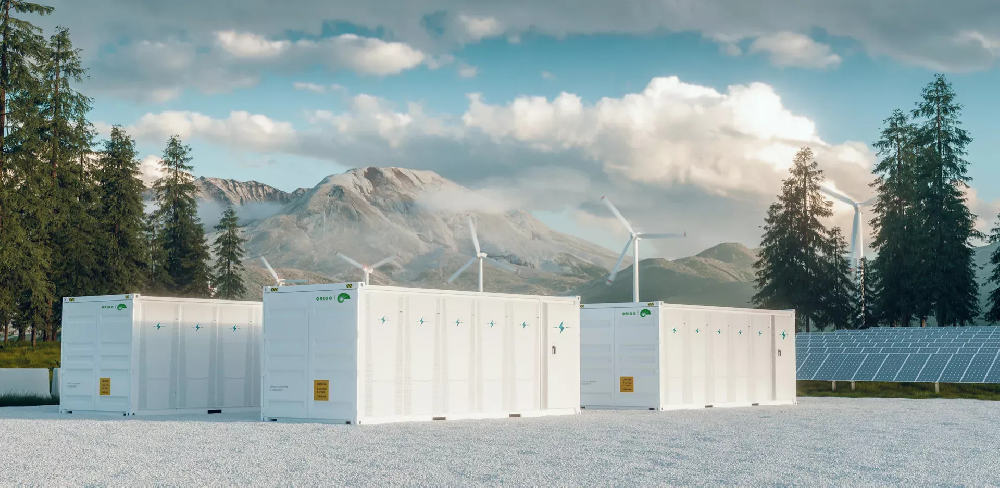Lithium-Ion Battery Care Guide
With the increasing awareness of environmental protection and the rapid development of new energy vehicle technology, new energy refrigerated trucks have gradually entered people's vision and formed a sharp contrast with traditional fuel refrigerated trucks. We will compare the two from the aspects of environmental protection, economy, technical performance, and market application.
Environmental Protection Competition
New energy refrigerated trucks, especially pure electric refrigerated trucks, are powered by electricity or clean energy, achieving zero or low emissions, greatly reducing exhaust emissions and environmental pollution compared to fuel refrigerated trucks. In urban logistics and distribution, new energy refrigerated trucks can effectively reduce noise pollution and create a more peaceful living environment for urban residents.
1.Zero or low emissions: New energy refrigerated trucks, especially pure electric refrigerated trucks, use electricity or clean energy as power sources to achieve zero or extremely low exhaust emissions, significantly reducing environmental pollution compared to fuel refrigerated trucks.
2.Reduce noise pollution: During operation, the noise level of new energy refrigerated trucks is much lower than that of fuel refrigerated trucks, creating a more peaceful living environment for urban residents.
3.Reducing greenhouse gas emissions: Using new energy refrigerated trucks can help reduce greenhouse gas emissions such as carbon dioxide, which has a positive impact on mitigating global climate change.
Economic Considerations
Although the initial purchase cost of new energy refrigerated trucks may be higher than that of fuel refrigerated trucks, their economic advantages gradually emerge in the long run. New energy refrigerated trucks have high energy utilization efficiency and can significantly reduce energy consumption costs. With the popularization of charging facilities and the reduction of charging costs, the operating costs of new energy refrigerated trucks will further decrease. At the same time, with the continuous support of national policies on new energy vehicles, such as car purchase subsidies, free parking and other preferential policies, the economic advantages of new energy refrigerated vehicles will become more prominent.
Technical Skills Competition
In terms of technical performance, new energy refrigerated trucks and fuel refrigerated trucks have their own advantages and disadvantages. New energy refrigerated trucks perform excellently in terms of power response, acceleration performance, and handling, and can quickly reach and maintain the required refrigeration temperature, ensuring the quality and safety of goods. However, there are still certain limitations in the range and charging speed of new energy refrigerated vehicles, which to some extent limit their application scenarios and scope of use. In contrast, fuel refrigerated trucks perform more stably and reliably in these aspects, but their fuel consumption rate and economy are relatively poor.
1. Fast power response: New energy refrigerated trucks have fast power response, good acceleration performance, and can quickly reach and maintain the required refrigeration temperature.
2. Good handling: New energy refrigerated trucks have excellent handling performance and high driving comfort.
3. Range and charging speed: Currently, new energy refrigerated vehicles still have certain limitations in terms of range and charging speed, but with the continuous advancement of battery technology, this problem is gradually being solved.
Market application prospects
New energy refrigerated trucks have broad application prospects in urban logistics distribution, fresh food distribution, pharmaceutical transportation and other fields. These fields have high requirements for the environmental friendliness, energy efficiency, and high efficiency of transportation vehicles, and new energy refrigerated trucks precisely meet these needs. Meanwhile, as society's attention to environmental protection and sustainable development continues to increase, the market demand for new energy refrigerated vehicles will continue to grow. In contrast, the application of fuel refrigerated trucks in these fields is gradually limited, especially in urban areas with high environmental requirements.
Conclusion
New energy refrigerated trucks have shown significant advantages in terms of environmental protection, economy, technical performance, and market application, demonstrating strong development potential. Although fuel refrigerated trucks still play an important role in current cold chain logistics, they are facing increasing challenges and limitations. In the future, with the continuous advancement of new energy vehicle technology and sustained policy support, new energy refrigerated trucks are expected to occupy a larger market share in the cold chain logistics field, and work together with fuel refrigerated trucks to promote the sustainable development of the cold chain logistics industry. Let's look forward to new energy refrigerated trucks shining in the field of cold chain logistics, while also paying attention to the transformation and upgrading of fuel refrigerated trucks, and jointly contributing to the prosperity of the cold chain logistics industry!







